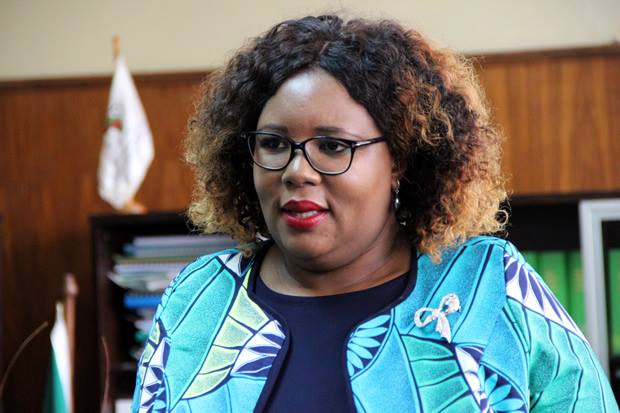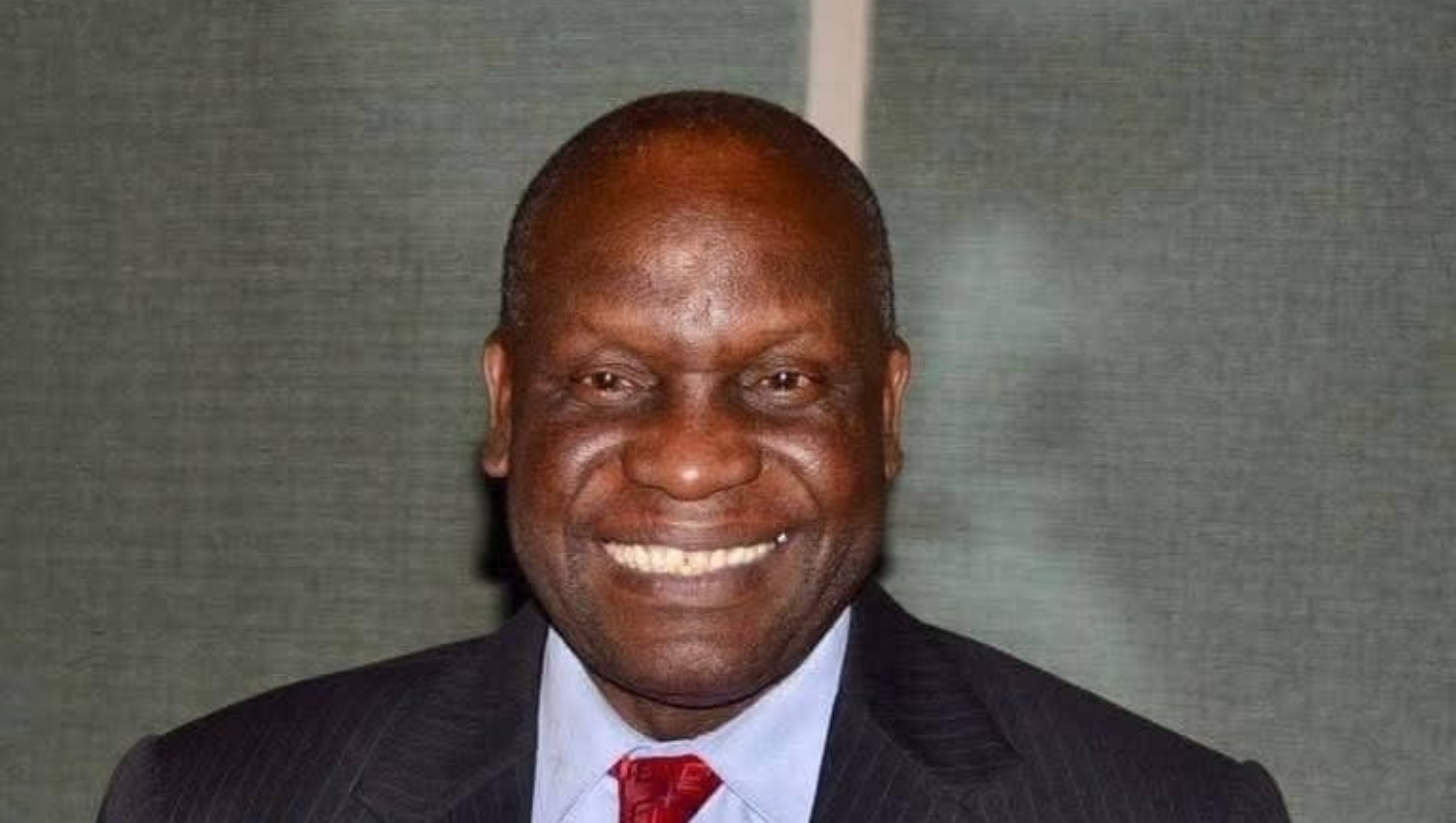The Zambian government through Cabinet has approved the introduction of the Cybersecurity and Cybercrimes Bill which will repeal and replace some clauses and sections contained in the Electronic Communications and Transactions Act No. 21 of 2009.
In a statement released by the Chief government Spokesperson Hon. Dora Siliya, she confirmed the development.
She explained that the Bill will promote an increased cybersecurity posture; facilitate intelligence gathering, investigation, prosecution and judicial processes in respect of preventing and addressing cybercrimes, cyber terrorism and cyber warfare against the sovereign Republic of Zambia.
Below is the statement issued by the government.
PRESS STATEMENT BY THE CHIEF GOVERNMENT SPOKESPERSON ON THE DECISIONS MADE BY CABINET AT THE 12TH CABINET MEETING HELD AT STATE HOUSE ON MONDAY, 12TH AUGUST, 2018
At the 12th Cabinet Meeting held today at State House, chaired by His Excellency the President Mr. Edgar Chagwa Lungu three (3) substantive Items were discussed as the Patriotic Front Government continues to provide its policy direction aimed at improving the general living standards of the people through improved.
Cabinet further approved in principle, the introduction of the Cybersecurity and Cybercrimes Bill that will repeal and replace certain parts, clauses and sections contained in the Electronic Communications and Transactions Act No. 21 of 2009. The Bill will promote an increased cybersecurity posture; facilitate intelligence gathering, investigation, prosecution and judicial processes in respect of preventing and addressing cybercrimes, cyber terrorism and cyber warfare against the sovereign Republic of Zambia.
The Bill will authorise the taking of measures to ensure cybersecurity in Zambia, facilitate the establishment of the Zambia National Cyber Security Agency (ZNCSA) that will serve as the highest coordination centre for all matters related to cybersecurity at national and international levels. The Agency will facilitate the protection of Zambia’s critical infrastructure from cyber-attacks. Reality is dawning upon us that our national critical information infrastructure will always have some degree of vulnerability and requires a dedicated body to protect national interests.
The Bill will also criminalise computer-based offences and network-related crime in line with the Penal Code of the Republic of Zambia. The Bill will further provide for investigation and collection of evidence for computer and network related crime and also provide for the admission of electronic evidence for such offences. The Act will adequately deal with various crimes committed using social media platform targeting different consumer groups in the country.









